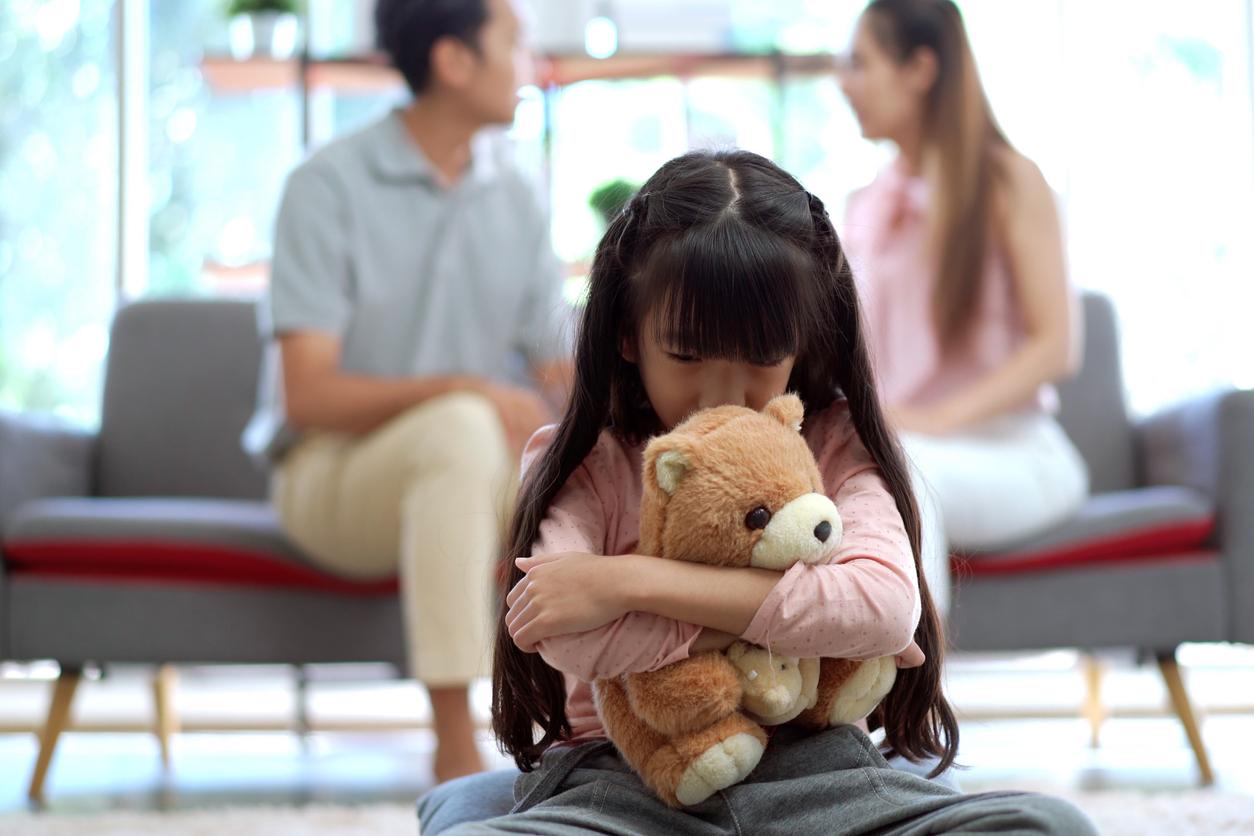Children who have a strong relationship with their parents at age 3 show more empathy and kindness as teenagers, according to a study from the University of Cambridge.

- A study shows that children who had a close bond with their parents at age 3 tended to display more socially desirable behaviors like kindness, empathy and generosity as teenagers.
- Children who had warm connections with their parents in early childhood also have a lower risk of poor mental health.
- Researchers therefore call for helping parents develop quality relationships with their children.
To fight against school bullying, the government plans to take inspiration from Denmark and set up empathy courses at school. But this would not be the only way to develop this quality in children. A study from the University of Cambridge, published in the journal Journal of Behavioral Development, shows that the quality of toddlers’ relationships plays an important role in the development of this positive social behavior.
Empathy: a close relationship with the child develops positive behaviors
To find out the influence of parental relationships on the mental health and social behavior of children, researchers from the University of Cambridge analyzed the files of 10,700 young British people born between 2000 and 2002. They contained information from surveys on their mental health and their prosociality. That is, socially desirable behaviors intended to benefit others such as kindness, empathy, generosity and volunteerism. Other data made it possible to assess the nature of the participants’ relationships with their parents at the age of three.
The results showed that the closer and warmer a bond children had with their parents at age three, the more likely they were to display desirable social behaviors as adolescents. In contrast, children whose early parental relationships were emotionally strained or abusive were less likely to show empathy or kindness over time.
Parent-child relationship: we must help create strong bonds
As well as being “more prosocial”, children who had closer relationships with their parents at age three had fewer symptoms of poor mental health in late childhood and adolescence.
“Our analysis showed that after a certain age, we tend to be mentally healthy or not mentally ill and have a reasonably fixed level of resilience. Prosociality varies depending on our environment. A key influence seems to be our early relationship with our parents. As children, we internalize aspects of our relationships with our parents that are characterized by emotion, care, and warmth. This affects our future willingness to be kind and helpful towards others”explains lead author of the research Ioannis Katsantonis in a communicated.
For researchers, these results also highlight the importance of cultivating strong relationships with your child from an early age. They also strengthen the case for policy development and targeted support for families in which establishing close parent-child relationships may not always be easy. For example, if parents face financial and work pressures and don’t have much personal time.
















